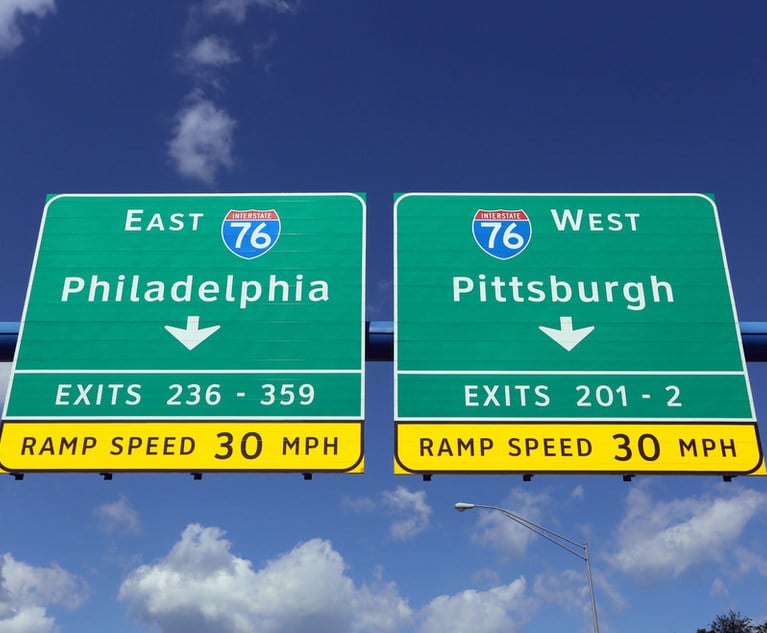Dating as far back as 1735, when the commonwealth was a province controlled by the heirs of William Penn, Pennsylvania has recognized the importance of public roads and their role in preserving a landowner’s right to access his land. Since that time, it has become a foregone conclusion that the government, at all levels, will provide and maintain public roadways. However, because of the necessary impact on the rights of individual landowners, the creation of anything from a federal highway to a municipal alleyway involves complex legal considerations. While the legal implications involved in the creation of public roads through eminent domain or dedication are well known, the abandonment or “vacation” of public roads also has a significant impact on the property rights of individuals, governments and the public. Recently, the Commonwealth Court, in In Re Vacating of Old Route 322, No. 384 C.D. 2020 (Pa. Cmwlth. Mar. 3, 2021), considered what happens when adjacent landowners allege a public roadway has become so “useless, inconvenient or burdensome,” that the municipality is required to vacate it under the General Road Law, 36 P.S. Sections 1781-2293. Although the case is unreported and not precedential, it may be cited for persuasive value, and offers an opportunity to review of this understudied area of the law.
Local roads often are established by dedication, where a landowner offers land for public use, and the municipality accepts it on behalf of the public. Typically, when a municipality accepts a road dedication it holds that property in trust only for the use for which it was dedicated. This means the dedication of a public road does not invest the municipality with fee title to the land on which it rests but only the right to use, maintain, regulate and control that land as a road. The public then obtains a right of passage over the road, but the fee continues to be held by the owners of the land. When the public is no longer benefited by the use of the land as a public road, the municipality has the power, and sometimes an obligation, to vacate the road.


 Anna S. Jewart and Blaine Lucas, Babst, Calland, Clements and Zomnir (Photo: Courtesy Photo)
Anna S. Jewart and Blaine Lucas, Babst, Calland, Clements and Zomnir (Photo: Courtesy Photo)




